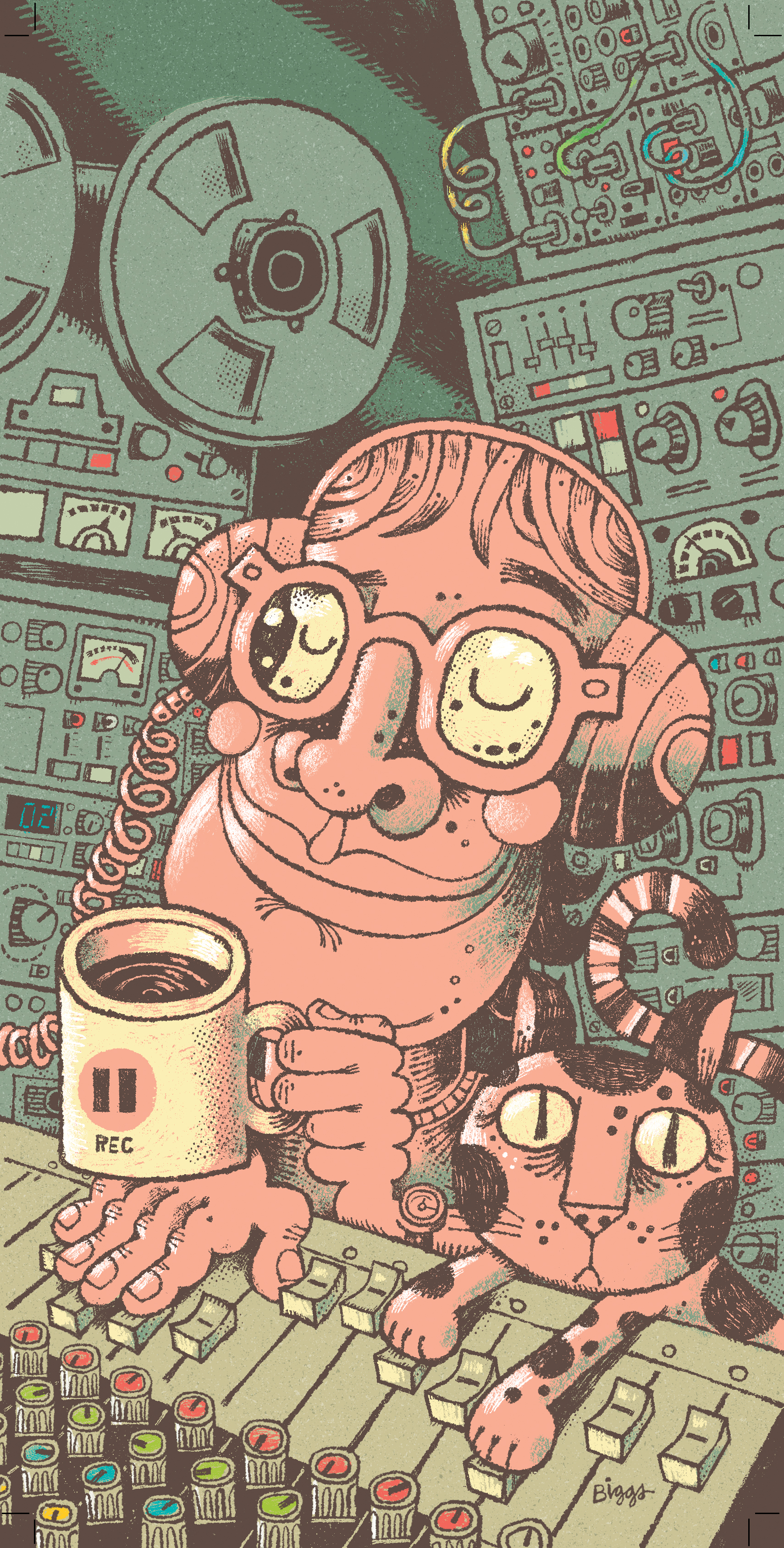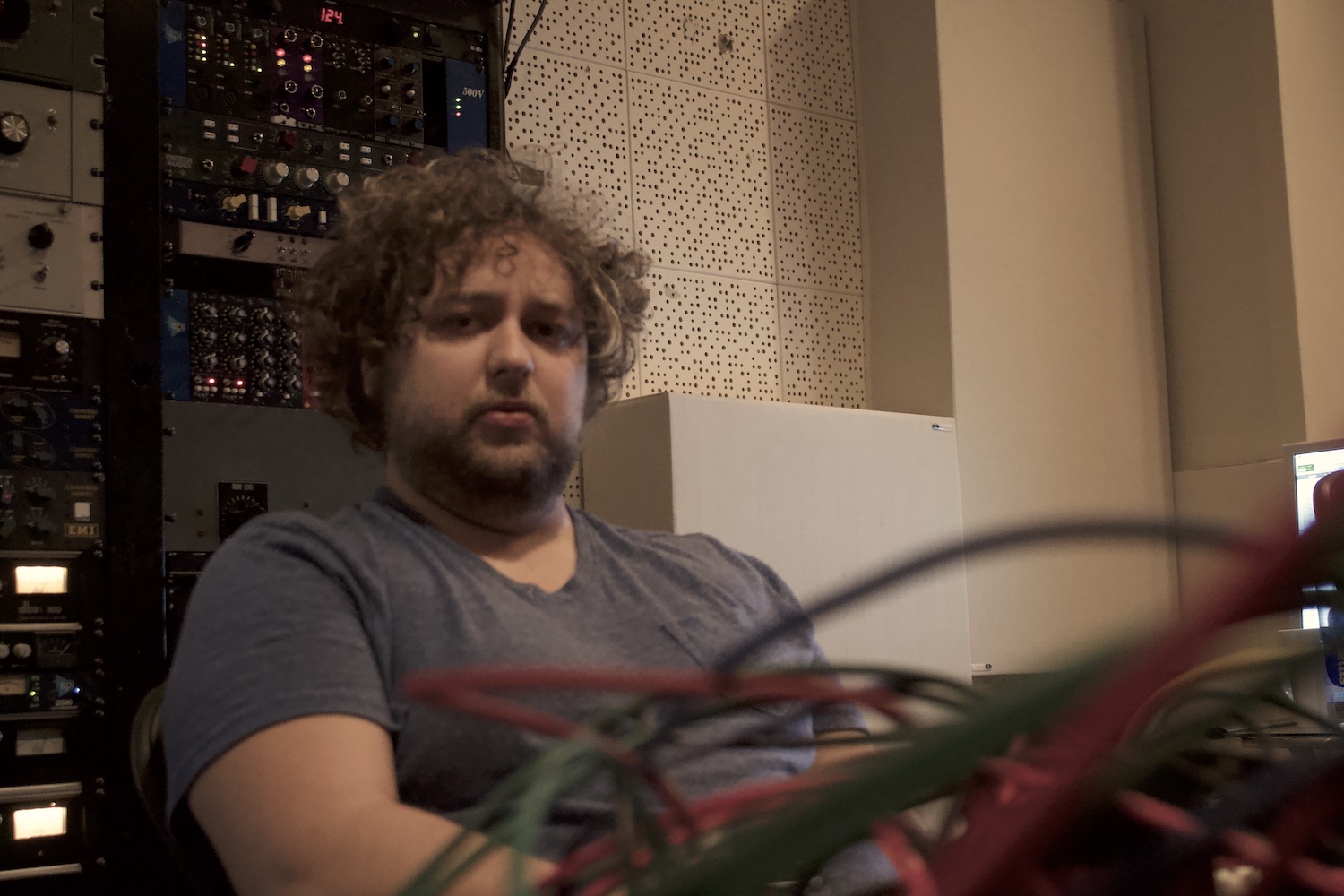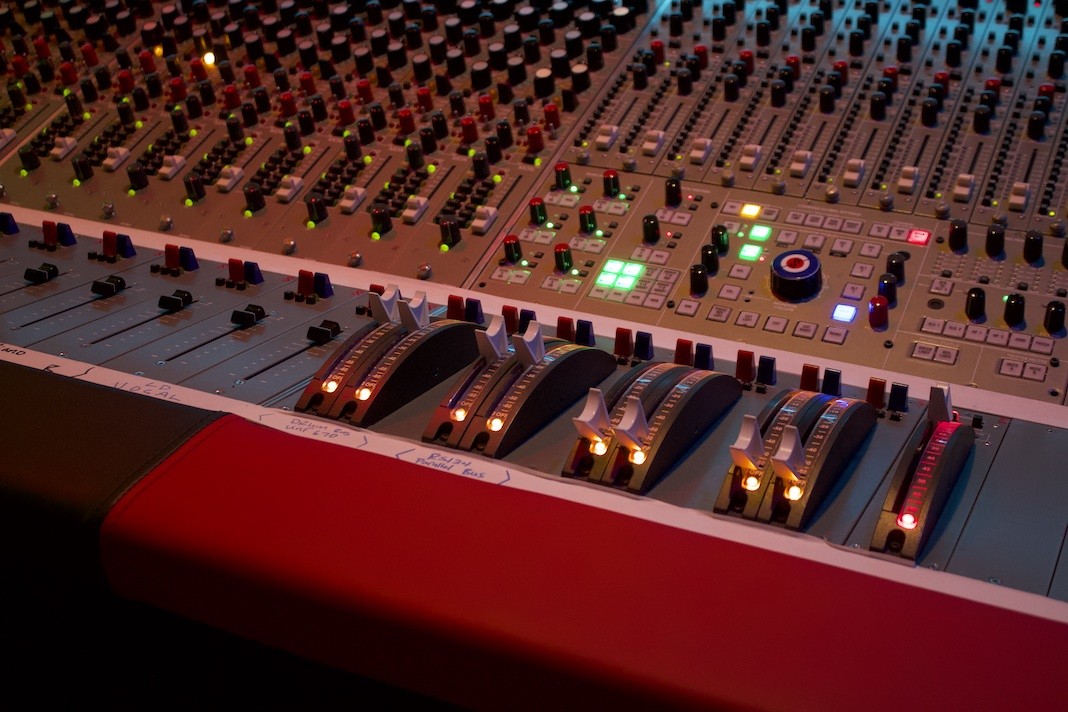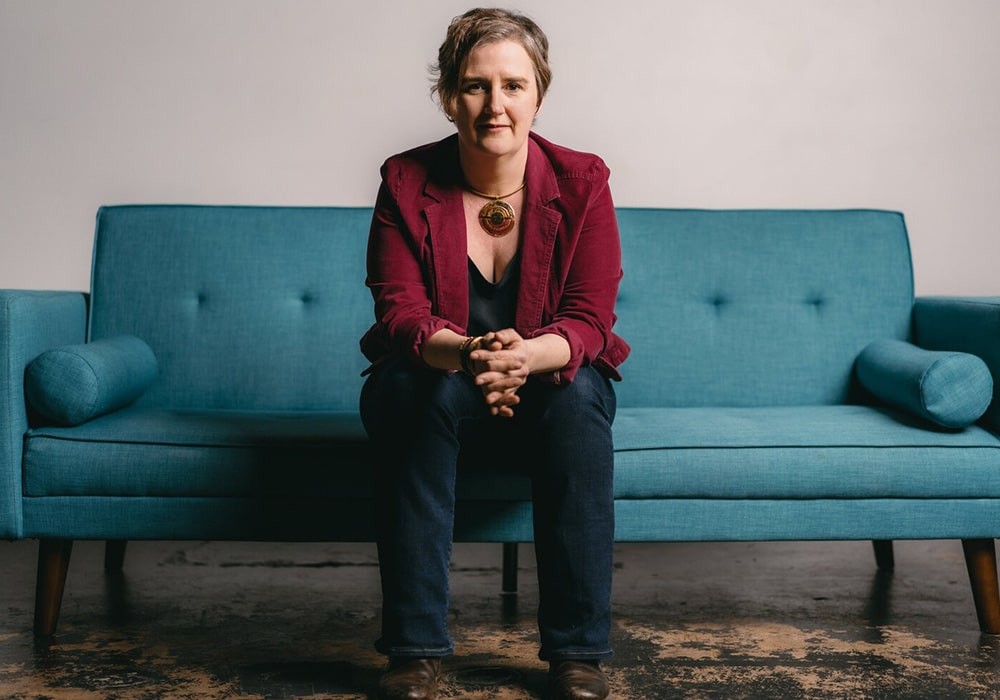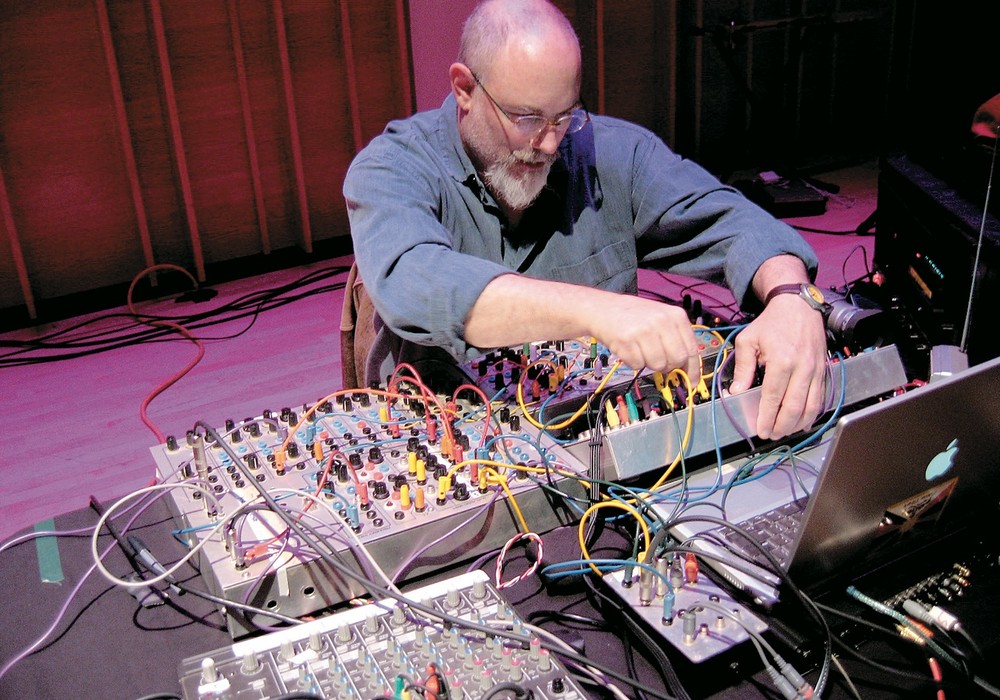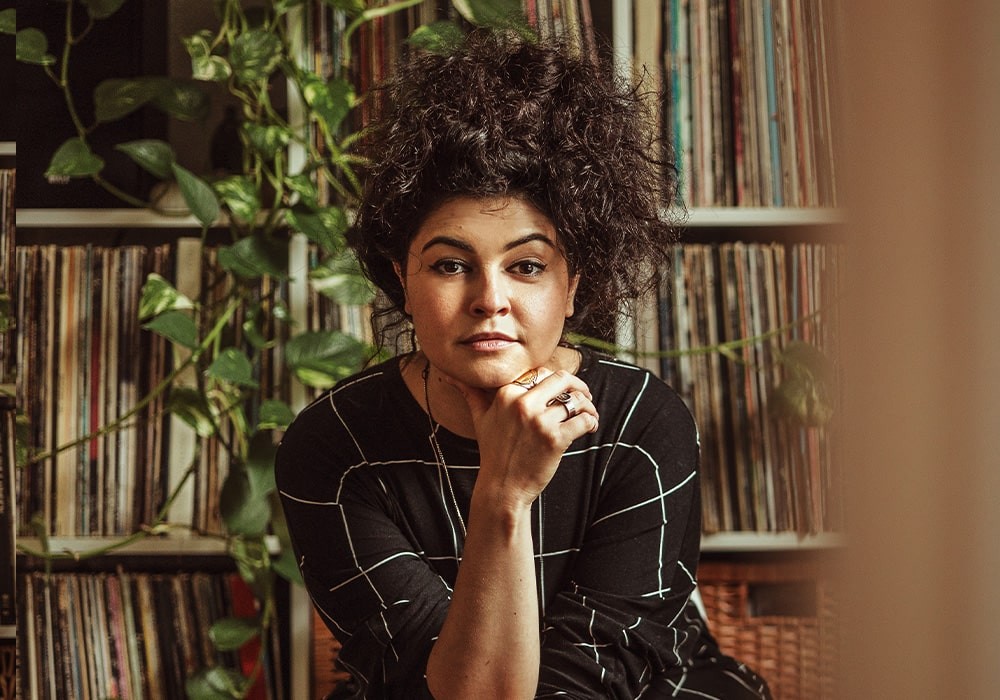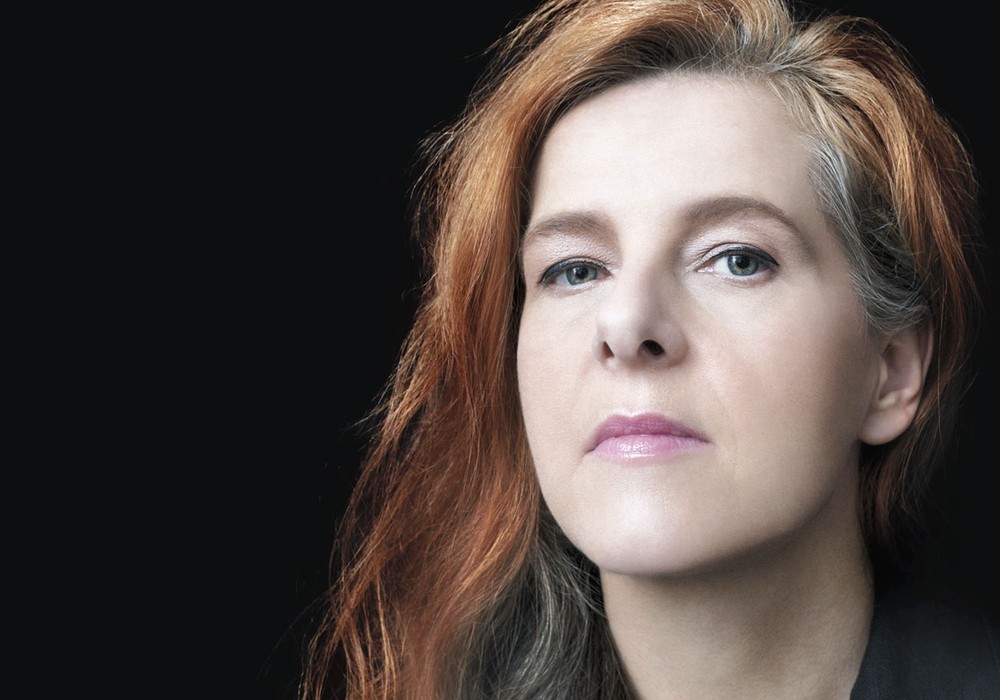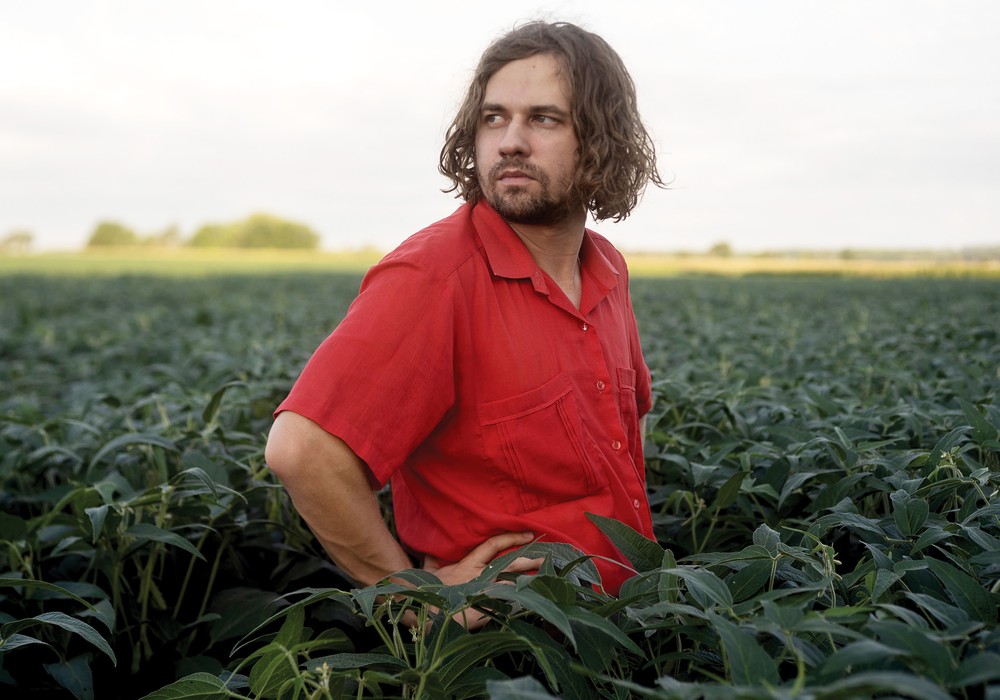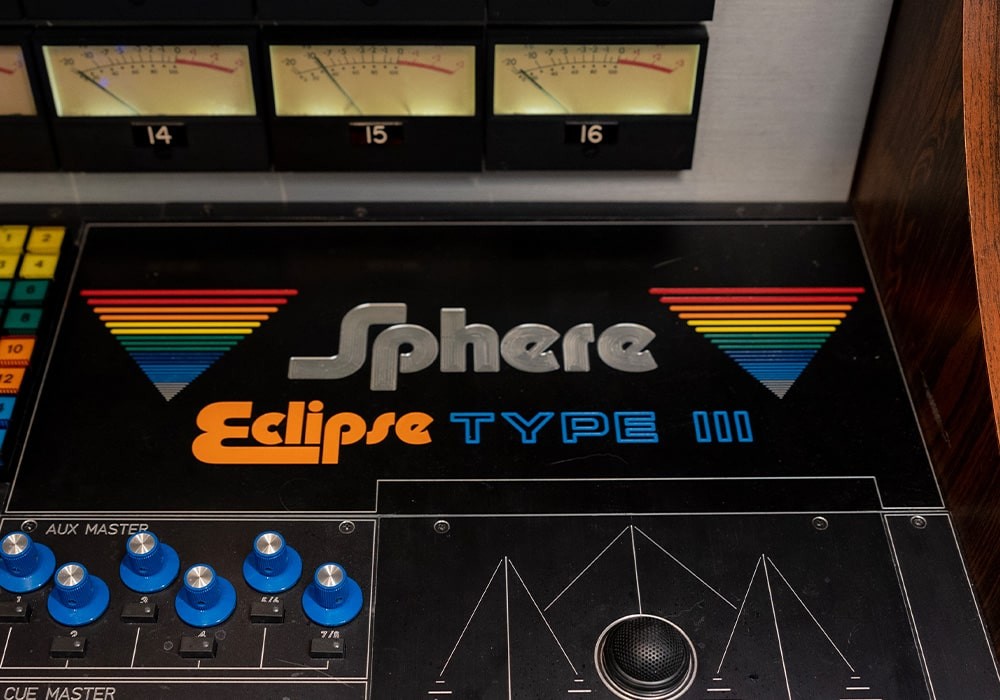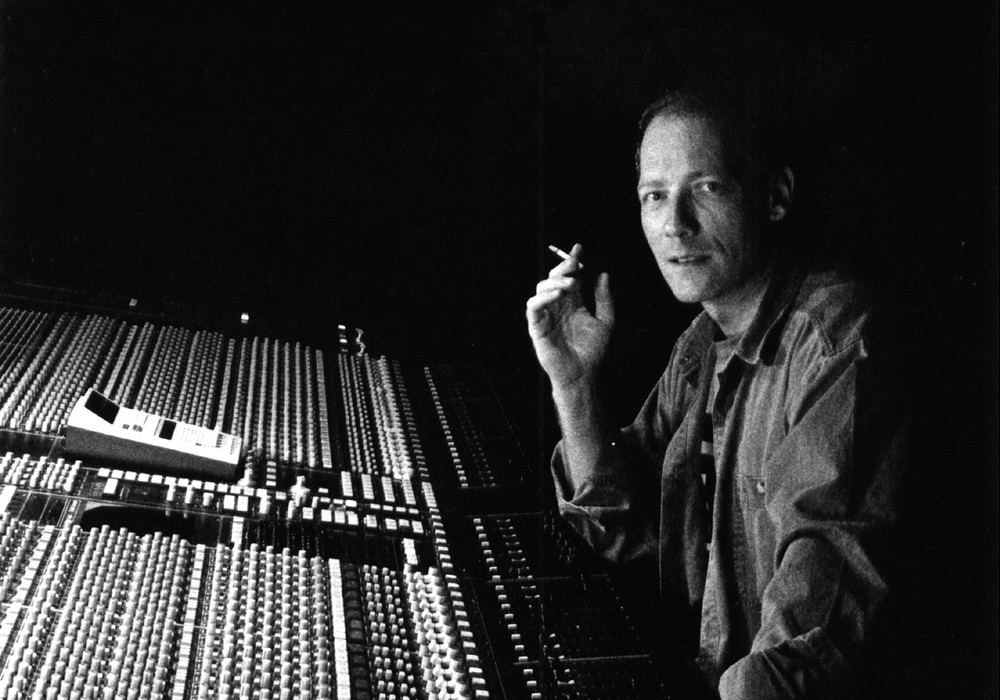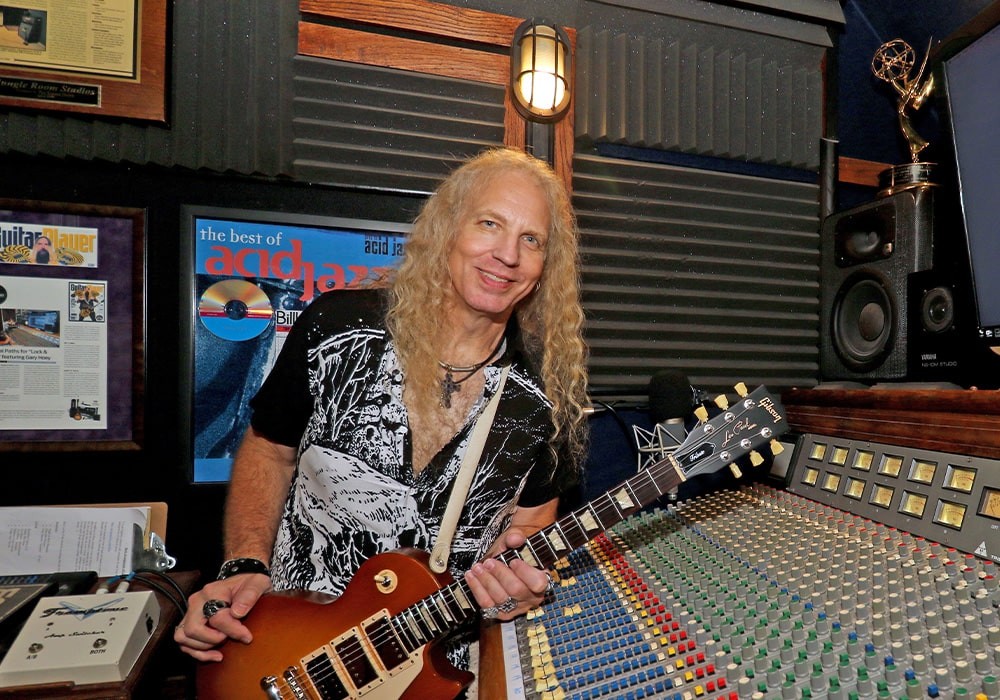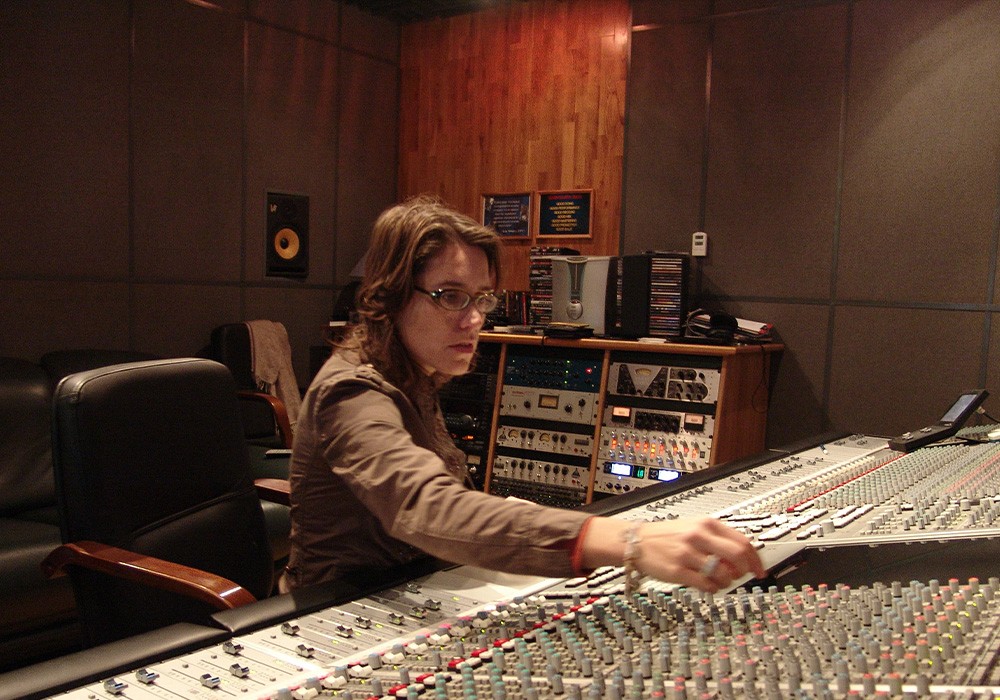I first met engineer/producer/studio owner Clay Blair some ten years ago, and we did a short interview that ended up running later as a bonus feature with Tape Op #111. His Hollywood-based studio, Boulevard Recording, is in a building with a long history, starting as Continental Recorders in 1966, then most famously as Producers Workshop (Pink Floyd, Steely Dan), and later as Westbeach Recorders (owned by Brett Gurewitz of Epitaph Records/Bad Religion). Clay found it via a Craigslist ad that simply said, "Recording Studio." He got the studio up and running, then worked on a ton of projects, but a devastating November 2021 fire stopped everything in its tracks. I dropped by to see where Clay was at and commiserate, but to also look towards the future. Plus, he let me mess around with a mix on his new Sound Techniques ZR36 console, which is a thing of beauty!
The last time I dropped by was about ten years ago. The studio must have gotten busy after that.
Yeah, we got really busy. I'd probably had the studio for about three years when we first met, and I was still trying to get my bearings. It's a weird thing to open a studio in L.A., plus it's even weirder to open a studio in L.A. that used to be a former studio, and then additionally I was a guy that nobody knew here. I had to see where I'd fit in. We had the big studios, like Capitol [Tape Op #114], EastWest, Conway Recording, Sunset Sound, and United Recording (unfortunately not there anymore). We found a niche that worked for us, and in 2015 we got rid of our Trident 80B console. That was such a great board, but we got a 40-input API from the '70s, and that changed everything for me.
Sonically?
Yeah, and I dug myself deeper into this well, financially. But it was such a sonic imprint and I had always wanted that.
Was the API console helping bring clients in, or was it more what you felt you needed?
Both, I think. Maybe some of the bigger engineers would be more excited to go into a room with an API. It turned into a more serious room with a more serious console, and people loved the way it sounded. It had been sent back to API in 1993 by the owner that I bought it from, and Paul Wolff [ex-API, Fix Audio Designs] completely recapped, re-switched, repotted, and re-did the faceplates. It was in great shape. I still have pieces of it; I got as much as I could out of the board after the fire. I got at least enough 2520 op amps and transformers to make 22 channels of preamps. Jeff Steiger, from CAPI (Classic Audio Products Inc.), took my faceplate that I had, made me a new faceplate with his printing machine with my logo on it, and hooked it up. I bought all the kits from him; he's the best guy ever.
What kind of work were you getting before the fire?
All sorts of local things, which were great. I was finding bands that I was producing and engineering, while trying to keep my mix career afloat. We would get a lot of label projects. The one thing that pops up that was the beacon for us was the War On Drugs album, A Deeper Understanding, which won the Grammy for Best Rock Album [2017].
They make cool, sonically-interesting music.
Absolutely. Adam Granduciel [Tape Op #102] is a friend. He worked on the last one here and he's going to probably work on the next one here as well. It was a combination of a lot of different people on that album engineering, and different drummers too. I like the way he makes records. St. Vincent [Annie Clark, #134] was here working on the Sleater-Kinney album [The Center Won't Hold].
That's a cool record.
We jumped into the genre of music that I love, and that I listen to, for the most part. I did a couple records with Mike Viola, including Watkins Family Hour, and I worked on a duo record with Jimbo Mathus and Andrew Bird. Mike started it at his house, and then we did half of it here. Andrew Bird did a couple of other things here, plus Madison Cunningham, who we love, has been in a couple times.
She's really good.
We're talking about a world before the studio fire and before Covid that was awesome. That's just a sampling of what was happening.
I hate to ask, but what caused the studio fire?
An unnamed security system company. A lot of that is stuff is wireless now, but this one had a lithium ion battery that exploded.
It was located in the front room?
In the lounge. It happened on a Sunday night. We only had fire alarms that are like the ones you have in your house.
They just beep in the room?
Yeah, and no sprinkler system....
